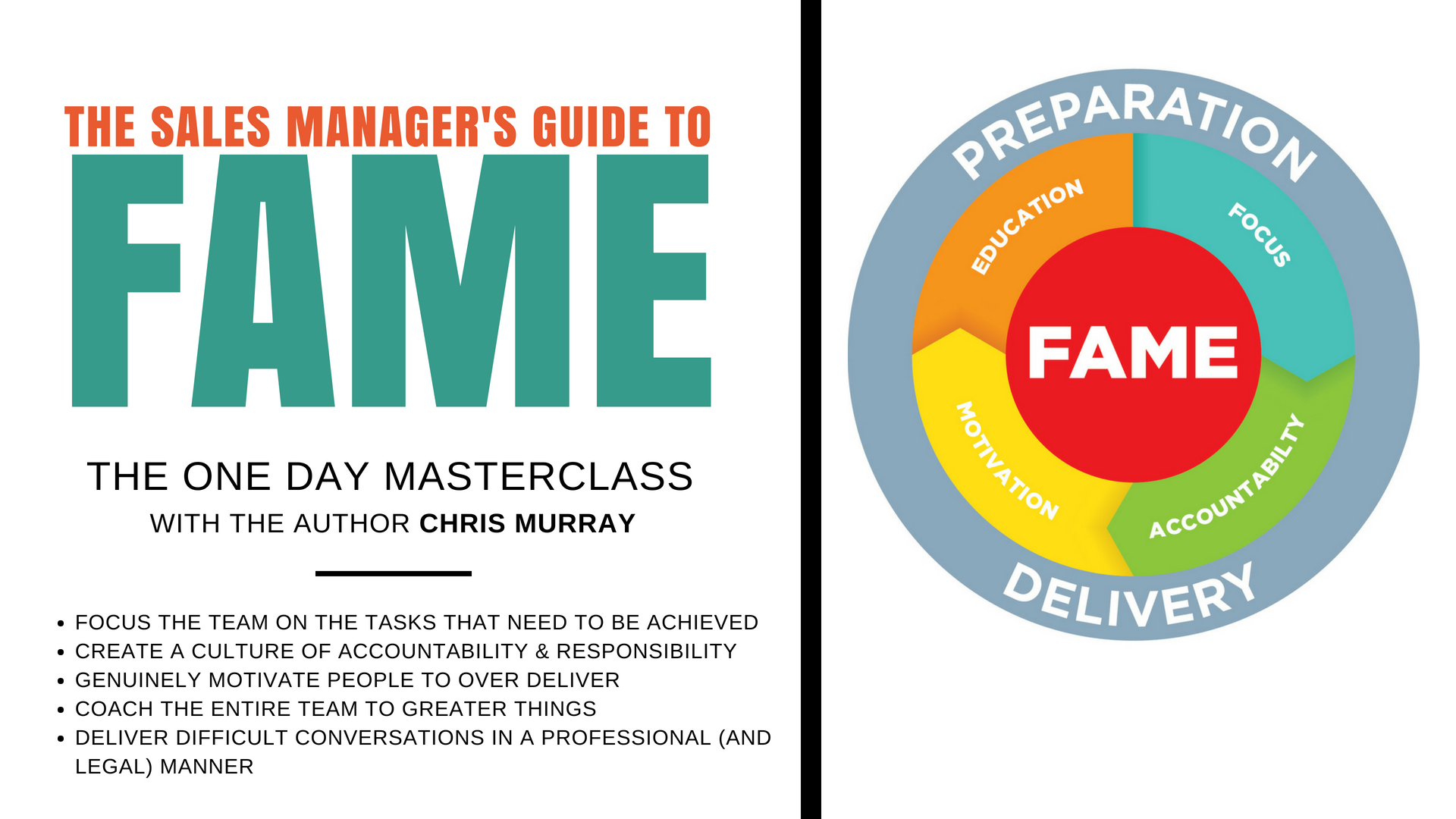Why Members of Your Sales Team Fall Behind
What can you do when certain members of your sales team just don’t follow the plan?
And what do you do if they fall so far behind with their targets, that catching up becomes almost impossible?

You might possibly consider sacking them – start anew, get someone who really wants to be there, introduce a bit of fresh blood – but it’s at that point that you realise you’ll end up having to run the team short handed for as long as it takes to fill the position – and you’re already down on your numbers.
On top of that – do you really want to make a rush decision on their replacement? You know you’ll probably just end up back in the same position all over again in less than a year if you do, right?
But heck – keeping them on isn’t an option either. If this carries on they’ll end up holding back the entire team’s success – not to mention the bottom line and your end-of-year bonus (and your partner’s been looking forward to that special trip away you’ve been promising all year).
So what are your options? Do you jump straight to the disciplinary? Spend a little time coaching? Lead from the front and do it yourself? Try and motivate them with something shiny?
Or do you just get rid?
There’s a coaching strategy in next week’s article which will hopefully stop you from ever getting to this point (it’ll have a free, ready to use downloadable template to get you started straight away too) – but if you already recognise the situation above, then the first thing you really need to do is;
Work out if the situation is Capability or Culpability.
You see they’re two completely different problems – two problems that you need to understand, separate and then handle in two completely different ways. Let me explain;
You’ll know if you’re dealing with a Capability issue when:
They know the standard that is expected of them, they ( really) try to deliver work of that standard for you, but what they end up delivering falls short of what was required.
That may very well be classed as unsatisfactory performance – discipline however, may be inappropriate in this situation – and actually work against you.
If this team member hasn’t been slacking off, if they’re not trying to take you for a ride – then something is missing from the picture – and therefore other procedures need to be considered.
When the issue is down to capability – if you believe they are willing but currently unable to deliver the required standard of work – then your approach should be more supportive and reflective with a built in plan for personal development.
On the other hand, you’ll know if it is a Culpability issue when:
They know the standard expected of them, they are perfectly capable of delivering that standard – but they choose not to put in the effort that would enable them to reach that standard.
The dictionary definition of culpable is; deserving blame; blameworthy; guilty of doing something wrong.
So culpability isn’t a development issue, culpability is an attitude problem – and both need addressing.
Capability requires the manager to recognise the situation and propose an appropriate plan of action.
Culpability calls for the team member to recognise that there is a situation and take action themselves.
How to Handle a Capability Issue:
- Make sure that the individual is fully aware of what they are accountable for and where their focus should be on a daily, weekly and monthly basis
- Ask what’s stopping them from succeeding right now
- Ask how you can help them to overcome those obstacles
- Ask what extra support, training, or development they believe they need
- Ask which specific client, situation, opportunity or problem they believe would become less of a worry if they received some direct coaching, training or internal support this week.
- Ask what they feel they can realistically commit to achieving before your next conversation
- Organise the next conversation in exactly one week’s time
How to Handle a Culpability Issue:
-
- Make sure that the individual is fully aware of what they are accountable for and where their focus should be on a daily, weekly and monthly basis
- Describe the problem – factually, not emotionally – be extremely specific.
- Match their current performance to what is expected of them and the rest of the team, with regards to Focus and Accountability (as in point one).
- Explain the impact on the wider team and the business as a whole.
- Specify what needs to change
- Point out what will happen next with regards to disciplinary procedures if things don’t change
- Support them emotionally – if you also want this to work out for the best, then let them know you’re on their side for as long as they’re on yours.
****************************************************
Interested in finding out more?
LONDON | MANCHESTER
(click on preferred city for full details)
Our Sales Management Open Workshops show you how to piece together the four main elements of successfully managing a team – Focus; Accountability; Motivation; Education – and show you how to get the best out of everyone involved.
LONDON | MANCHESTER
(click on preferred city name for full details)




